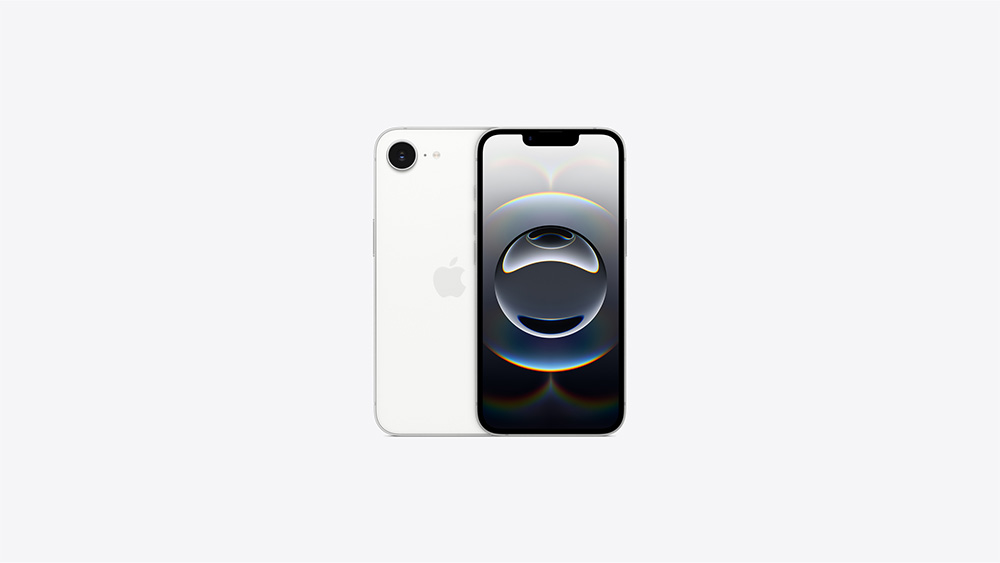On February 19, 2025, Apple unveiled its first custom-designed modem chip, marking a significant shift in its approach to wireless connectivity in iPhones. This new chip, integral to Apple’s iPhone 16e model, represents a step away from Apple’s reliance on Qualcomm, a key supplier of modem chips for both iPhones and Android devices.
The iPhone 16e, priced at $599, incorporates Apple’s new C1 subsystem, a sophisticated assembly of key components such as processors and memory, designed to enhance device performance and battery efficiency. Powered by Apple’s A18 processor, the iPhone 16e promises to deliver the best battery life among the company’s 6.1-inch phones. In addition, the device will feature cutting-edge AI capabilities, making it a strong contender in the market.
Apple has long sourced its modem chips from Qualcomm, which also supplies chips to Android devices and Windows laptops. This partnership was solidified after a long-running legal dispute, with Apple eventually reaching a settlement with Qualcomm in 2019. However, the new modem chips are set to reduce Apple’s dependency on Qualcomm’s technology, with plans to expand their use across Apple’s product lineup in the coming years.

The C1 subsystem is described by Apple as one of the most complex systems it has ever created. It combines a baseband modem, built with 4-nanometer chipmaking technology, and a transceiver using 7-nanometer technology. To ensure compatibility worldwide, Apple rigorously tested the new modem across 180 carriers in 55 countries, confirming its global adaptability.
Johny Srouji, Apple’s senior vice president of hardware technologies, emphasized that the C1 system will serve as a foundation for future generations of Apple’s wireless technology. Apple aims to integrate the modem with its processors more closely, enabling the phone to prioritize time-sensitive data for a smoother user experience, particularly when dealing with congested networks.
Although the C1 system includes custom GPS and satellite connectivity, it does not yet support millimeter-wave 5G, a feature where Qualcomm currently holds an edge. Apple executives refrained from providing specific details about when this technology might be included in future modem chips. Despite this, Qualcomm, which currently supplies 100% of Apple’s modems, is expecting its share to drop to 20% by next year.
Despite Apple’s shift toward in-house chips, Qualcomm remains integral to the mobile tech ecosystem, with Apple’s agreement to use Qualcomm’s technology extending until at least 2027. Apple’s move to create a proprietary modem is seen as a strategic effort to differentiate its products, rather than simply competing on chip specifications with companies like Qualcomm and MediaTek.
In conclusion, Apple’s decision to develop its own modem chips highlights its ongoing ambition to control more of its hardware ecosystem, offering users a more seamless and tailored experience. While it may take time for Apple to fully phase out Qualcomm, the transition to the C1 platform marks a significant milestone in the company’s long-term strategy.
